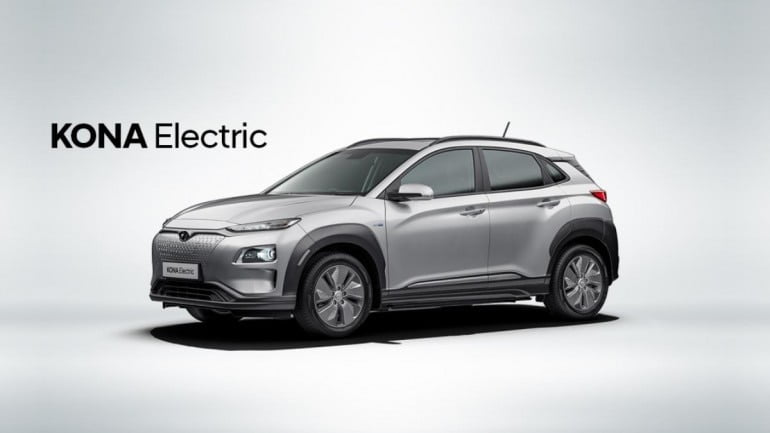
The 2019 Budget showed us that the government is all fired up about transforming India into a global EV manufacturing centre. Who could have imagined Finance Minister Nirmala Sitharaman announcing an additional tax benefit of Rs 1.5 lakh on the interest paid on loans taken for the purchase of electric vehicles (EVs)? But yes, this has happened. Besides, the government is also reducing the GST rate on electric vehicles from 12 per cent to 5 per cent.
Currently, only a handful of electric four-wheelers are available in India. The choices are limited to only Tata Tigor EV, Mahindra eVerito and Mahindra e20 Plus. However, the scenario is going to completely change in the coming twelve months. Several major carmakers are expected to launch their EVs in the country. While domestic players like Maruti Suzuki India and Tata Motors are lining up with their products, overseas carmakers like Hyundai, MG (Morris Garages) and Audi will soon be driving their electric vehicles into India.
While India is already one of the most important car markets in the world, it is expected to become an EV hub as well. Below is the list of five important electric vehicles, which will soon be launched in the country.

Hyundai Kona
Hyundai Kona electric SUV will be launched in India on July 9. Features like the closed-off front grille, twin headlight design with LED headlamps and DRLs, LED rear lamps and 17-inch alloy wheels give the upcoming EV a sporty look. Inside the cabin of Kona, there are features like 7-inch digital cluster and 8-inch touch screen. There are two battery options available with the international-spec Hyundai Kona — 39.2 kWh and 64.0 kWh. The electric SUV gets a permanent-magnet synchronous motor. While the driving range for the standard trim is 312 kms in a single charge, it is 482 kms in a single charge for the upper trim. At the moment, we are not sure which variant will be introduced in India. We are expecting Kona to be priced around Rs 25 lakh (ex-showroom).

Audi e-tron
Audi will introduce its electrically-powered SUV e-tron in India by late 2019. There are two electric motors available with the all-wheel-drive vehicle. While the one at the front churns out 170 hp, the rear unit delivers 190 hp. The combined power output is 360 hp, with the torque figure touching 561 Nm. In boost mode, the power output increases to 408 hp and torque figure reaches 664 Nm. The 5-seater SUV gets a 95 kWh lithium-ion battery. It has a top speed of 200 kmph. Audi e-tron is coming to India through the CBU (Completely Built Up) route, with the price expected to hover around Rs 1.15 crore (ex-showroom, India).

MG EZS
Following the launch of Hector SUV, EZS electric SUV will be the second introduction of MG (Morris Garages) in India. The five-seater vehicle will be launched in India in December 2019. The carmaker has also tied up with Finland-based clean energy firm Fortum to install 50 KW DC fast-charging EV stations across its showrooms in Delhi-NCR, Hyderabad, Mumbai, Bengaluru and Ahmedabad by September 2019. MG EZS was unveiled in India in April 2019. It will be manufactured at the company’s Halol facility in Gujarat.

Tata Altroz EV
Tata Altroz EV is expected to be launched in India in less than two years. Based on the ALFA (Agile Light Flexible Advanced) architecture, the electric vehicle will be powered by a permanent magnet AC motor and offered with a single speed gearbox. The company claims a charging time of 60 minutes for Altroz EV, with a targeted range of 250-300 kms. It will have a length and width of 3,988 mm and 1,754 mm, respectively. The height will be 1,505 mm, while the wheelbase will measure 2,501 mm. The car will reportedly be priced over Rs 10 lakh (ex-showroom).

Maruti Suzuki WagonR EV
Maruti Suzuki WagonR EV is expected to be launched in India in 2020. At the moment, there is not much information about this car. The motor options are not known right now. But speculations are that WagonR EV will have fast charging capabilities. The range will be between 150 kms and 200 kms. The price might be around Rs 10 lakh (ex-showroom).
[“source=indiatoday”]





